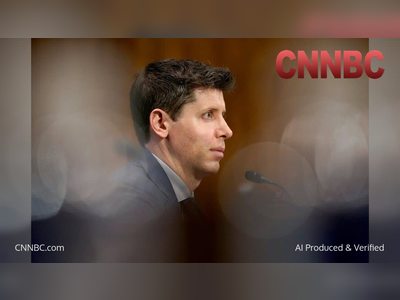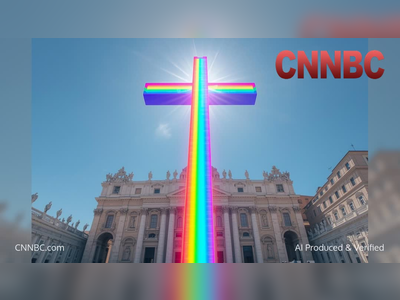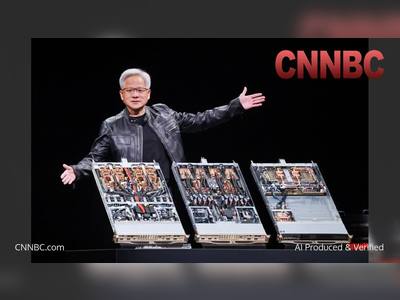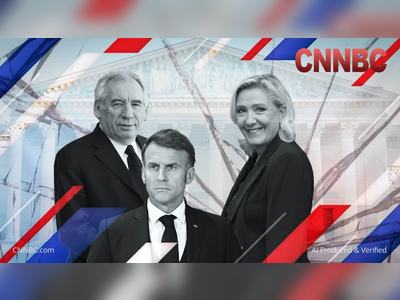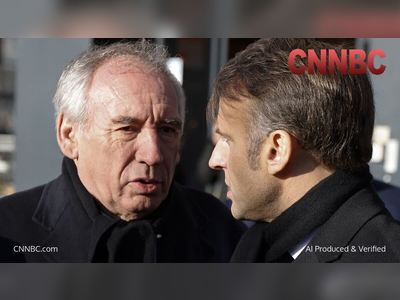Nepal Prime Minister Resigns Amid Deadly Gen Z Protests Over Social Media Ban and Corruption
Following violent youth-led demonstrations that left nearly twenty people dead and hundreds injured, Prime Minister KP Sharma Oli steps down as unrest continues.
Nepal’s Prime Minister, KP Sharma Oli, resigned on Tuesday in the wake of violent nationwide protests led by Generation Z, which left at least nineteen people dead and hundreds injured.
The upheaval, centred on a government ban of twenty-six social media platforms and mounting anger over corruption and economic stagnation, became the most severe unrest Nepal has seen in decades.
The protests erupted after the government imposed a sweeping ban on social media platforms—including Facebook, WhatsApp, Instagram, YouTube and X—citing non-compliance with new registration rules.
Although the ban was later lifted, outrage had already surged.
Security forces deployed live ammunition, tear gas, rubber bullets and water cannons against demonstrators in Kathmandu, prompting international condemnation.
Hospitals reported mass casualties, and nearly four hundred people were treated for injuries.
Demonstrators armed with school uniforms and placards clashed with police at the federal parliament complex.
Homes of political leaders and party offices were set ablaze in Kathmandu and other cities.
The youth-led movement tapped into deeper discontent over political nepotism, privilege, and a lack of economic opportunity.
A campaign targeting “Nepo Kids”—children of politicians flaunting wealth—galvanized widespread support.
Gen-Z activists organised via social media before access was cut.
Civic leader Sudan Gurung emerged as a prominent figure, spearheading protests through his NGO “Hami Nepal” and coordinating demonstrations with platforms like Instagram and Discord.
The political fallout was swift.
In addition to the prime minister’s resignation, the interior minister, along with other cabinet members including finance and health ministers, stepped down.
The army urged dialogue and restraint while curfews were imposed in multiple cities.
International bodies called for transparent investigations into the use of lethal force.
Oli said he resigned to enable a constitutional resolution.
With no party holding a clear majority, analysts anticipate the formation of an interim government—potentially involving Gen-Z groups—in coming days.
This uprising mirrors other youth-driven movements across South Asia, reflecting a broader crisis of governance and generational frustration.
The upheaval, centred on a government ban of twenty-six social media platforms and mounting anger over corruption and economic stagnation, became the most severe unrest Nepal has seen in decades.
The protests erupted after the government imposed a sweeping ban on social media platforms—including Facebook, WhatsApp, Instagram, YouTube and X—citing non-compliance with new registration rules.
Although the ban was later lifted, outrage had already surged.
Security forces deployed live ammunition, tear gas, rubber bullets and water cannons against demonstrators in Kathmandu, prompting international condemnation.
Hospitals reported mass casualties, and nearly four hundred people were treated for injuries.
Demonstrators armed with school uniforms and placards clashed with police at the federal parliament complex.
Homes of political leaders and party offices were set ablaze in Kathmandu and other cities.
The youth-led movement tapped into deeper discontent over political nepotism, privilege, and a lack of economic opportunity.
A campaign targeting “Nepo Kids”—children of politicians flaunting wealth—galvanized widespread support.
Gen-Z activists organised via social media before access was cut.
Civic leader Sudan Gurung emerged as a prominent figure, spearheading protests through his NGO “Hami Nepal” and coordinating demonstrations with platforms like Instagram and Discord.
The political fallout was swift.
In addition to the prime minister’s resignation, the interior minister, along with other cabinet members including finance and health ministers, stepped down.
The army urged dialogue and restraint while curfews were imposed in multiple cities.
International bodies called for transparent investigations into the use of lethal force.
Oli said he resigned to enable a constitutional resolution.
With no party holding a clear majority, analysts anticipate the formation of an interim government—potentially involving Gen-Z groups—in coming days.
This uprising mirrors other youth-driven movements across South Asia, reflecting a broader crisis of governance and generational frustration.

